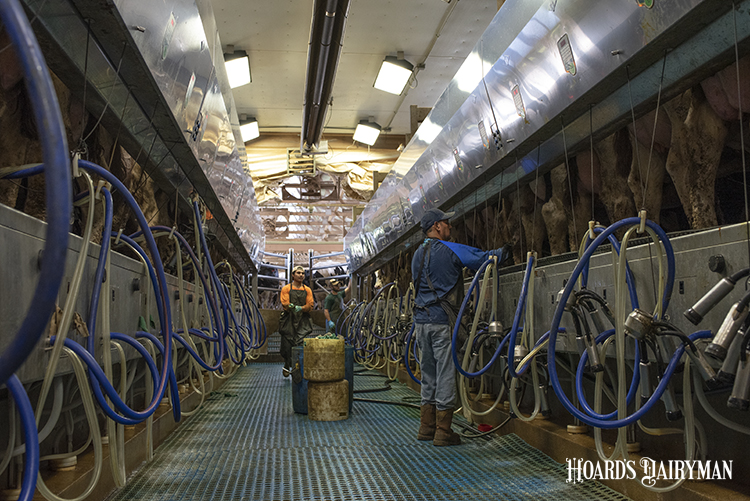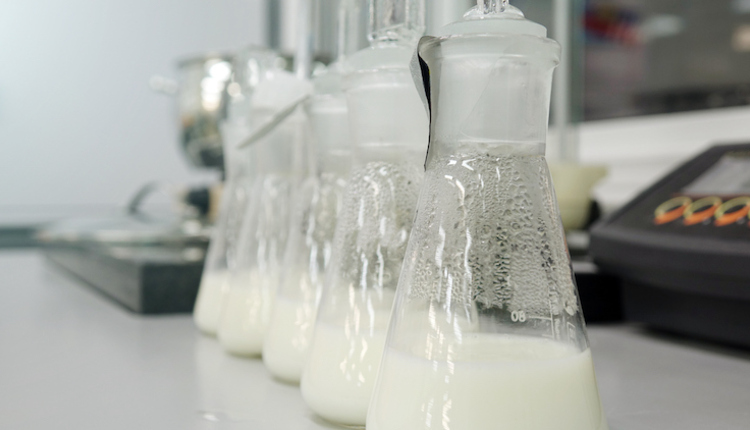
Dairy employers watched with intense interest the Supreme Court’s consideration of the Biden Administration’s Emergency Temporary Standard (ETS). That standard aimed to make businesses with 100 or more employees ensure their employees are vaccinated or regularly tested for COVID-19. After months of legal reckoning, on January 13 they got their answer: Barring unusual activity from the federal Sixth Circuit Court after the Supreme Court’s ruling, a wide-ranging workplace vaccination requirement won’t happen.
Now it’s time to move forward.
The National Milk Producers Federation was pleased with the decision. This was in line with our months of advocacy on behalf of dairy’s concerns about federal overreach and the practical ability of the mandate to be applied at a moment of widespread coronavirus test shortages.
NMPF and members of the National Council of Farmer Cooperatives met with the White House Office of Management and Budget (OMB) on October 18, more than two weeks before the rule was released, to discuss the standard then under development. The coalition that met with OMB raised numerous concerns about the mandate.
After the standard was released, NMPF warned federal officials in letters and personal meetings that a lack of tests and other resources could create hardships for businesses already struggling with staffing shortages. That would have been just the beginning as food and agriculture businesses could face severe supply chain sources under the ETS. The court’s decision will bring relief to dairy employers who strive 24 hours a day and seven days a week to put nutritious products on consumer plates.
Now that the mandate’s gone, what next?
Just like COVID itself, the issue of workplace safety in the coronavirus era isn’t going away. And now that the federal requirements are gone (at least for now, in their earlier form), all employers, no matter their size, need to make their way forward in a challenging pandemic environment. Those challenges include ongoing supply chain disruptions and potentially chaotic illness levels that, when left unmanaged, can close a business.
As an individual business decision, encouraging vaccination remains compelling. Vaccination has been the most effective tool to reducing COVID-19’s impact on the workplace since it became widely available nearly a year ago. In fact, the triple combination of vaccination, testing, and mitigation measures offers the best formula for worker health and workplace continuity.
The Supreme Court ruling was not about whether workplace vaccination is a bad idea – it questioned the authority of a single government agency, in this case the Occupational Safety and Health Administration (OSHA), to use a regulatory authority to create, in essence, a sweeping vaccine mandate not targeted toward that specific agency’s concerns. NMPF continues to advocate for safer workplaces, with resources available on its coronavirus page here: www.nmpf.org/coronavirus
Two years into COVID-19, and with a new variant raging uncontrolled worldwide, workplace management in the age of coronavirus continues to pose unusual, and in some ways, unprecedented challenges. That doesn’t mean an inappropriately applied federal mandate is justified. It does mean dairy needs to remain vigilant. Despite how it feels, this crisis will not last forever. In the meantime, we will all continue to share the best information we have to make the right decisions to protect our workers and workplaces.








